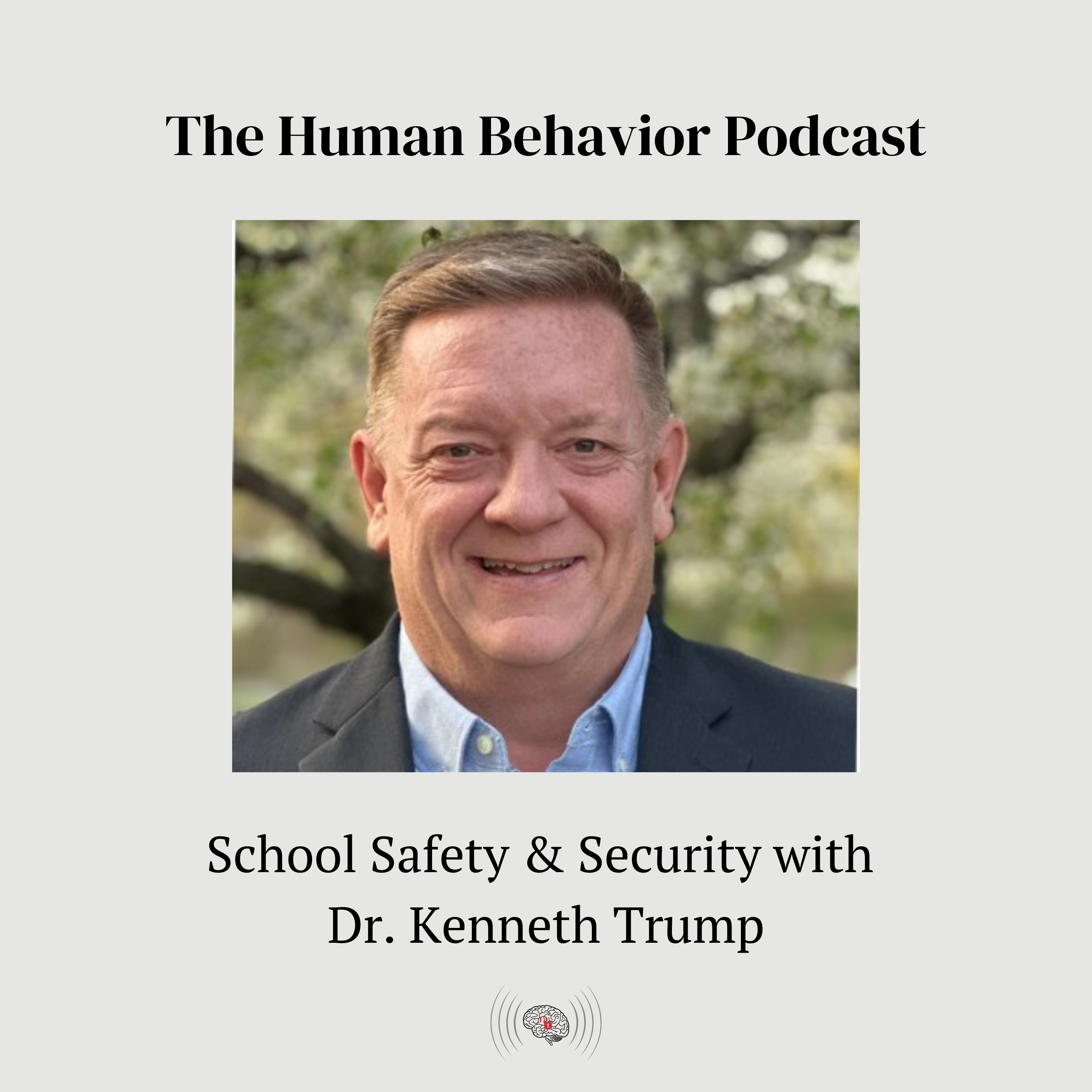What if the very measures meant to protect our kids in schools are actually making things worse?
This provocative question sets the stage for a compelling episode of the Human Behavior Podcast, where Dr. Kenneth Trump, a school safety veteran with over four decades of experience, shares his invaluable insights. Dr. Trump’s journey from addressing gang violence in Cleveland’s schools to becoming a leading voice against the over-reliance on high-tech security gadgets is nothing short of fascinating. He exposes the hidden pitfalls of these flashy solutions, often driven by private equity and political agendas, and makes a compelling case for prioritizing fundamental practices like human factors, staff training, and effective communication.
In a landscape dominated by aggressive marketing from security vendors, Dr. Trump dissects the overwhelming noise that school administrators face. He explains how the focus on physical security measures, or “target hardening,” can divert attention from more effective, human-centric solutions. This episode delves into the bureaucratic quagmire of extensive emergency plans, which frequently fall short during actual crises, and discusses the commercial interests behind panic buttons and AI weapons detection systems. Dr. Trump’s insights reveal the misalignment between costly technological solutions and practical, low-cost safety practices that genuinely work.
Dr. Trump emphasizes the importance of community involvement and leadership in tackling the thorny issue of holding parents accountable for school shootings and the rise in civil litigation targeting schools. He advocates for a sustainable approach that focuses on human behavior and relationships, especially as pandemic-related funding runs out. This episode is packed with expert advice and actionable insights to help schools create a safer environment for everyone.
Dr. Kenneth Trump’s journey in school safety began in the late 1970s when Cleveland schools were under court-ordered crosstown busing due to racial desegregation. This led to the creation of a division of safety and security, where Dr. Trump found his calling. He started by typing duty reports for security personnel, which eventually led to free pizza and a side job. This initial involvement sparked a lifelong commitment to school safety, culminating in his becoming a leading consultant in the field.
Dr. Trump highlights the pitfalls of high-tech security measures, often influenced by private equity and aggressive lobbying. These measures, he argues, can lead school administrators astray, focusing on flashy gadgets rather than effective safety practices. He shares real-life examples and lessons learned from historical tragedies that underscore the importance of human factors, training, and communication over costly gadgets.
One of the most critical issues discussed in the episode is the problem of funding for school safety measures, especially in a post-COVID world. Pandemic-related funding is running out, and schools are left grappling with the challenge of maintaining expensive security systems. Dr. Trump warns that schools may find themselves unable to sustain these high-cost measures, leading to a false sense of security among parents and students.
Dr. Trump argues that true safety in schools comes from focusing on human behavior, relationships, and training. These elements are not as visible or marketable as physical security systems but are far more effective. He stresses the importance of all school staff, from bus drivers to custodians, in recognizing and addressing potential threats. This comprehensive approach ensures that safety is everyone’s responsibility, not just that of security personnel.
The episode also explores the increasing legal precedent of holding parents criminally negligent for school shootings perpetrated by their children. Recent cases, such as those involving Ethan Crumbly’s parents in Michigan, highlight the desperate public demand for accountability in the face of school violence. Despite improvements in school threat assessments and security measures over the past decades, Dr. Trump emphasizes the complex, multifaceted nature of preventing such incidents.
Dr. Trump’s insights extend to the critical role of community involvement in defining security requirements. He argues that current measures often serve more as political and emotional appeasements rather than effective safety strategies. This misalignment leads to ineffective safety measures and a diffusion of responsibility, highlighting the need for a balanced approach that prioritizes human-centric solutions.
The conversation also touches on the bureaucratic burden of extensive emergency plans that often don’t serve their intended purpose during actual crises. Dr. Trump criticizes the increasing reliance on panic buttons and the commercial interests driving these solutions. He advocates for practical, tested strategies over superficial compliance, emphasizing the need for meaningful, evidence-based improvements in safety protocols.
Dr. Trump concludes the episode by stressing the importance of critical thinking and continuous learning in school safety. He emphasizes the need for collaboration among all stakeholders, including parents, school staff, and community members. This collective effort ensures a comprehensive approach to school safety, addressing both immediate threats and long-term challenges.
In summary, this episode of the Human Behavior Podcast provides a wealth of expert knowledge and practical advice on school safety. Dr. Kenneth Trump’s decades of experience offer invaluable insights into the pitfalls of high-tech security measures and the importance of human factors, training, and communication. His emphasis on community involvement and leadership provides a sustainable approach to creating a safer environment for everyone.

Comments are closed